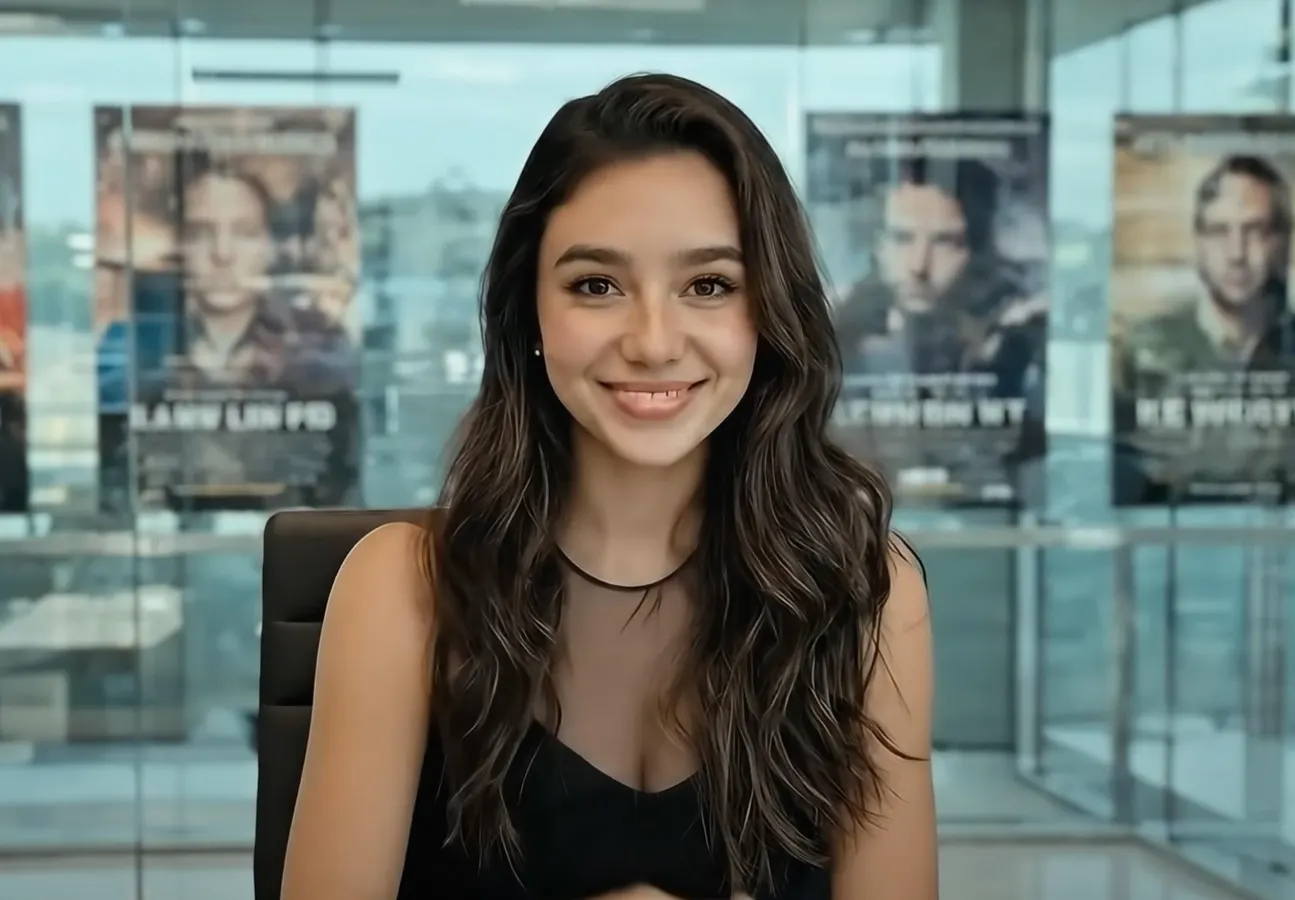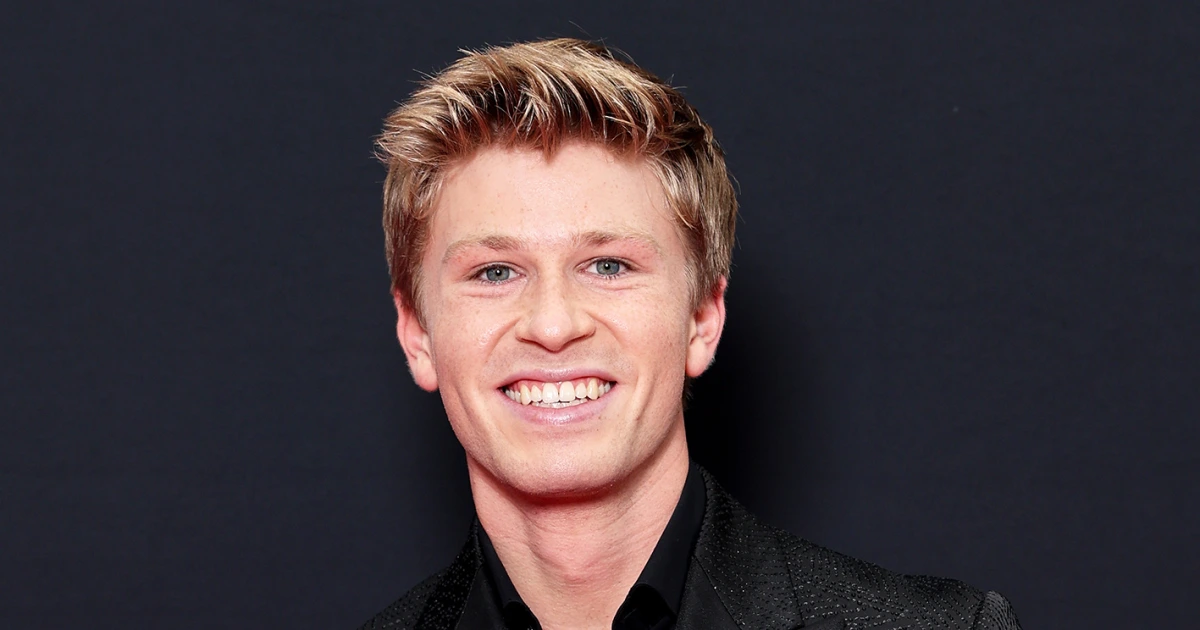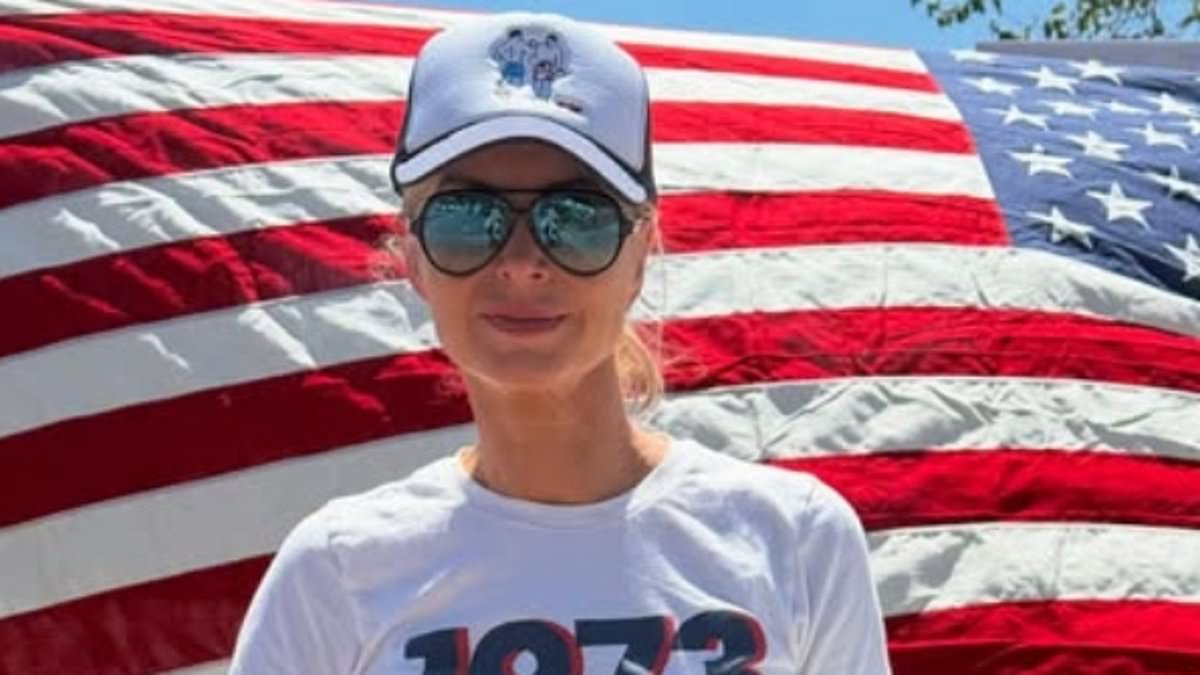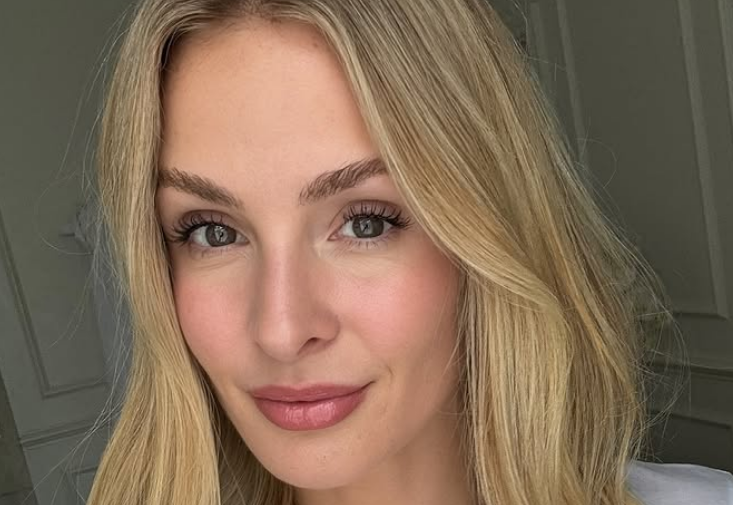By Dani Di Placido,Senior Contributor
Copyright forbes

The AI-generated creation known as “Tilly Norwood”
An AI-generated “actress” dubbed “Tilly Norwood” has incurred the wrath of Hollywood, sparking a horrified, visceral reaction from performers and audiences.
What Is Tilly Northwood?
The AI-creation is not an actress, or even the animated avatar of a voice actor, but simply an output of generative AI that resembles a young, conventionally attractive woman.
AI is responsible for flooding the web with content-slop and dopamine-drivel every single day, but the way Tilly was introduced rubbed commentators the wrong way.
The AI-creation was unveiled at the Zurich film festival by creator Eline Van der Velden, an actor and producer, who described Tilly as “the next Scarlett Johansson or Natalie Portman.”
It’s unclear what she meant by this, as Johansson and Portman are accomplished, talented actors, and Tilly is nothing at all—simply dead code, a hollow amalgamation of real performers, ripped from the internet without permission and manifested as something resembling a person.
Tilly has “starred” in an incredibly underwhelming comedy sketch and is featured on an Instagram page created by Van der Velden, in which the AI-creation mimics typical lifestyle influencer content, pretending to pose for photos in non-existent streets and coffee shops.
The emptiness behind the entire concept is best summarized by the caption of one of Tilly’s Instagram posts, which reads, “I may be AI, but I’m feeling very real emotions right now. I am so excited for what’s coming next!”
Notably, Van der Velden claimed that multiple studios were interested in using her AI creation. As is so often the case with generative AI content, the pitch proposed using the model as a cost-cutting measure.
“People are realizing that their creativity doesn’t need to be boxed in by a budget—there are no constraints creatively and that’s why AI can really be a positive,” Van der Velden said.
How Did Hollywood React To The AI-Generated ‘Actress’?
Unsurprisingly, Tilly’s introduction wasn’t well received by professional actors, or random internet commentators.
A Quiet Place star Emily Blunt described the advent of AI-generated actors as “really, really scary,” pleading with agencies to “stop taking away our human connection.”
Scream star Melissa Barrera wrote: “Hope all actors repped by the agent that does this, drop their a$$,” on her Instagram stories, while Matilda star Mara Wilson wrote, “What about the hundreds of living young women whose faces were composited together to make her? You couldn’t hire any of them?”
Game of Thrones and Fantastic Four star Ralph Ineson didn’t mince his words, simply posting “F*ck off” on X (Twitter).
Many commentators couldn’t help but notice how generative AI is often used to create images and videos of hypersexualized young women.
Elon Musk is advertising his AI product, Grok, using “Ani,” a digital companion seemingly modelled after Misa Amane, the doting girlfriend from the anime Death Note.
Thankfully, few viewers seem interested in watching a non-human deliver a fake performance, sparked by a prompt instead of drawing upon real life experience.
The problem with generative AI in the arts is that the technology threatens to erode the value of human creativity.
Much of the generative AI hype bubble is built on the idea that human labor and creativity can be completely automated, that corporations can embrace AI to avoid paying people.
Hence, the actor’s union, SAG-AFTRA, condemned the creation of Tilly, stating that it is “opposed to the replacement of human performers by synthetics.”
Responding to the negative feedback, Van der Velden posted a statement on Tilly’s Instagram page proposing that her AI-creation was “not a replacement for a human being, but a creative work — a piece of art.”
The statement continues, “Like many forms of art before her, she sparks conversation, and that in itself shows the power of creativity.”
The statement reads like a meandering word salad, and immediately, commentators accused Van der Velden of using generative AI to write the statement.
The internet may be infected by legions of dead bots, mindlessly commenting on topics they do not understand, but at least real humans still have something to say about the AI-generated invasion.
MORE FROM FORBES
ForbesSam Altman Is Starting To See The Dead Internet TheoryBy Dani Di PlacidoForbesRod Stewart’s AI-Generated Ozzy Osbourne Controversy, ExplainedBy Dani Di PlacidoForbesIt’s The End Of An Era For YouTube’s ‘Lofi Girl’By Dani Di PlacidoForbesNatasha Lyonne Sparks Backlash After Quoting David LynchBy Dani Di Placido
Editorial StandardsReprints & Permissions



